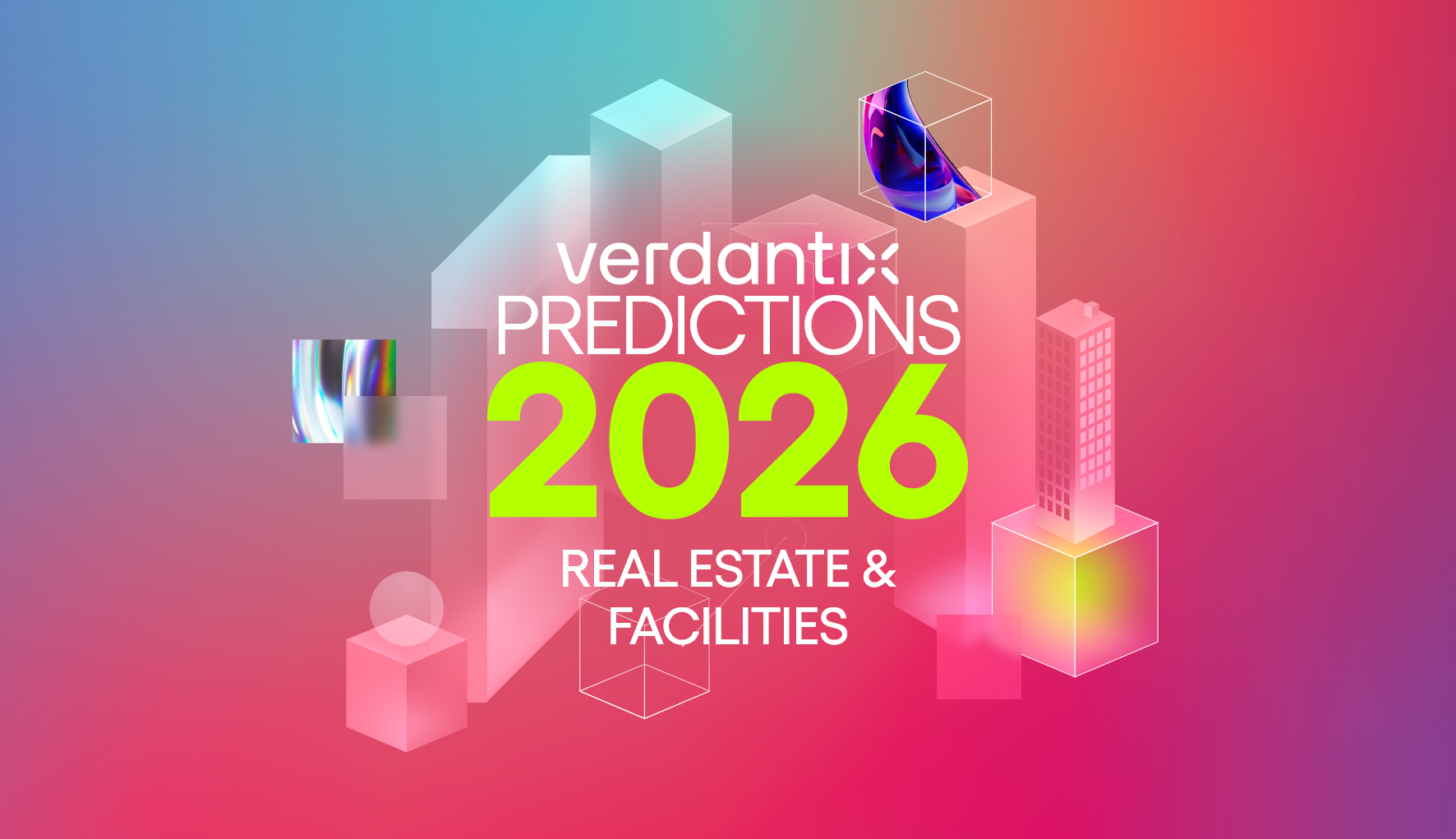Workplace Transformation Projects Drive Growth Across The Smart Building Software Market

Susan Clarke
Real estate strategies continue to undergo dramatic change with the rise of hybrid working, ESG programmes and net zero targets. Our recent market sizing study found that these trends are driving healthy growth across the smart building software market; we forecast it will grow at a 7% CAGR to 2026. So as smart building vendors plan for 2022 and beyond, what are the key opportunities to look out for?
The standout area of growth will be space and workplace software; we forecast this market segment will grow at 14% CAGR from 2021 to 2026, outpacing the rest of the market. As firms transition to hybrid working with more flexible offices, they have an increased appetite for more sophisticated and user-friendly workplace tools. According to our 2021 survey with 285 facility executives, 14% of firms plan to replace legacy space booking software and 20% plan to extend investment in utilization monitoring technology. The opportunity for growth is fuelling new VC investment in the market; in the past week, VergeSense raised $60 million whilst Density raised $120 million.
We also anticipate elevated growth across the energy and sustainability software market; we forecast it will grow at 8% annually through to 2026. The energy management market is undergoing a revival as more ambitious carbon targets force firms to revisit programmes and sharp rises in gas price bring new visibility. Last week at COP26, 44 organizations including asset managers and developers signed the World Green Building Council’s Net Zero Carbon Buildings Commitment, agreeing to reduce the operational emissions of new and existing built assets by 2030. If more firms sign up to ambitious 2030 decarbonization targets, the energy software market will grow faster than our forecast.
While there are many positive drivers for the smart building software market, vendors must prepare for the uncertainty that still looms on the horizon. In the near-term, various scientists are warning of a new wave of COVID-19 cases due to winter seasonality and waning immunity of the vaccinated community. In addition, the full impact of space reduction programmes will only become clear once firms hit breakpoints in their leases. This typically happens every five years. With 28% of firms considering downsizing their space, this could lead to a new glut of office space vacancies.
For more insights into the future evolution of the smart building software market, read our recent report Market Size And Forecast: Smart Buildings Software 2020-2026 (Global).
About The Author

Susan Clarke
Research Director





